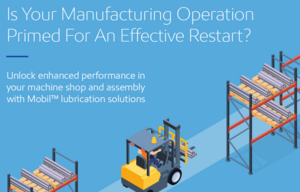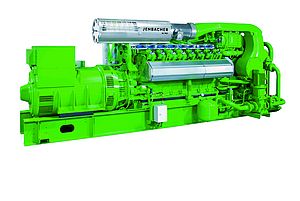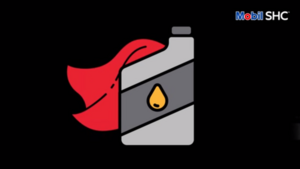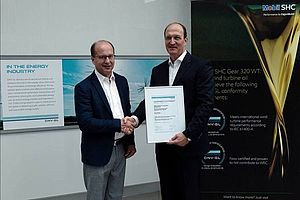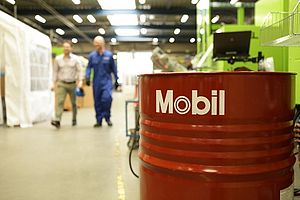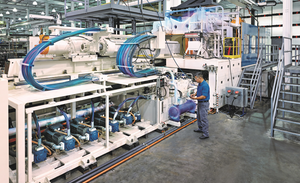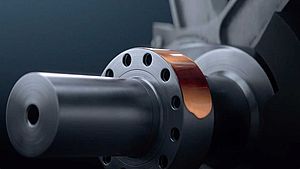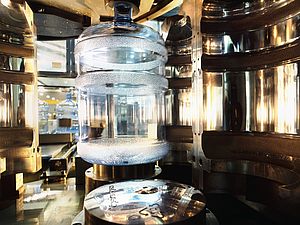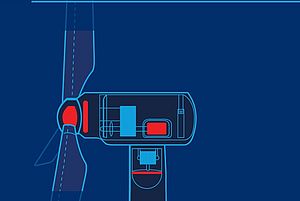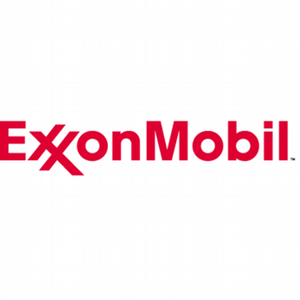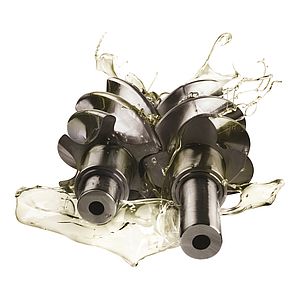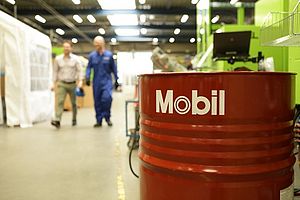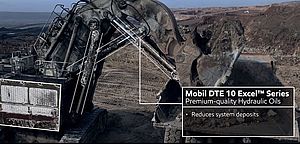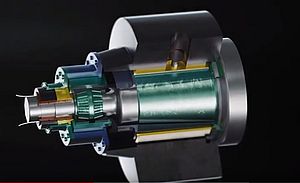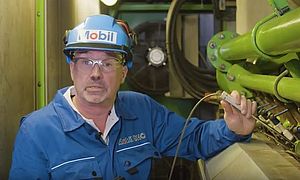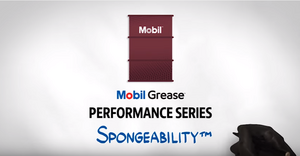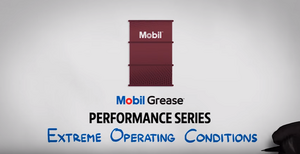IEN Europe: ExxonMobil has recently launched the new Mobil Serv Lubricant Analysis. What are the most important benefits of this new service?
Mr. Ali: One of the benefits is mobility. You can use this new service anywhere, and in comparison to many other programs, it has a wide range of options, different test levels and caters to a variety of different applications. It is very easy to use: customers can now manage their own accounts, give access to the maintenance company or add a new machine and do everything completely on their own. The service is also much faster and available in multiple languages.
Mobil Serv Lubricant Analysis enhances equipment reliability and durability, which can help to reduce maintenance costs, unscheduled downtime and lubricant consumption and extend oil drain intervals, which, in turn, improves safety by minimizing intervention with machinery. These are with no doubt the core benefits of used oil analysis. The service helps to predict problems, plan maintenance schedules and shutdowns and keeps management on top of their equipment performance. A key benefit of the Mobil Serv Lubricant Analysis program is analytics: customers can track data, monitor trends and see, for example, if a turbine is suffering from overheating, identify what may have been the cause.
IEN Europe: Have you already received any feedback related to the launch of the Mobil Serv Lubricant Analysis?
Mr. Ali: Yes, prior to its launch, Mobil Serv Lubricant Analysis was tested with select customers and internal users over a six-month period. We have received both the positive feedback during the test phase and following the launch.
IEN Europe: Do you usually receive suggestions from your customers or competitors about improvements?
Mr. Ali: ExxonMobil is a company based on technology and innovation and achieve this in two different ways: one is the standard development, process and evolution cycle; the other comes from proactive market research, i.e. routine research, surveys and market strategy. As part of our research, we have seen that customers have a great interest in services, not only products, and this has led us to focus more on services that can help to add value to our customers.
IEN Europe: Do you see any differences between the European market and the rest of the world?
Mr. Ali: Yes, definitely! Even within Europe there are different trends and different levels of engagement.
IEN Europe: What are the main applications that can benefit from the new Mobil Serv Lubricant Analysis program?
Mr. Ali: The industrial sector is the biggest and most demanding sector for machinery and commercial applications. Within it, all customers rely on condition monitoring and used oil analysis but some applications and some sectors, in particular, experience more severe operating conditions or require higher investments such as Oil & Gas applications, wind turbines or mining equipment. These sectors tend to require very expensive equipment and shutdowns are detrimental to production -if one part fails, the whole production is over. As a result, these are definitely the most demanding and severe applications in cities, factories and plants.
IEN Europe: What are the main factors that help a company be efficient? What kind of services does ExxonMobil offer to achieve a high level of efficiency?
Mr. Ali: The factors that help to make companies efficient in our field is a combination of high performing products and regular services such as an used oil analysis program. If you implement these features you can have success.
IEN Europe: How do you choose your distributors?
Mr. Ali: We have very clear criteria on how to select a good distributor and we have a really well structured and established network. Distributors have to carry your brands and need to be trusted by our customers. We have dedicated training for them that includes tailored modules, ongoing support and access to printed and digital materials so they have all the information required.
IEN Europe: What do you see for the future of the Oil & Gas sector?
Mr. Ali: Every sector has a different trend. Oil & Gas has been witnessing a downturn for three years now, so times are very tough for this industry. However, given the nature of it, there are specific segments of the Oil & Gas market that have never witnessed a decline and those that are expected to recover quickly. All businesses or sectors, whether it is the Oil & Gas sector, plastics, chemicals or steel have ups and downs. The key is to keep up with evolutions in technology and respond to market and consumer needs.
Elisa Campo





